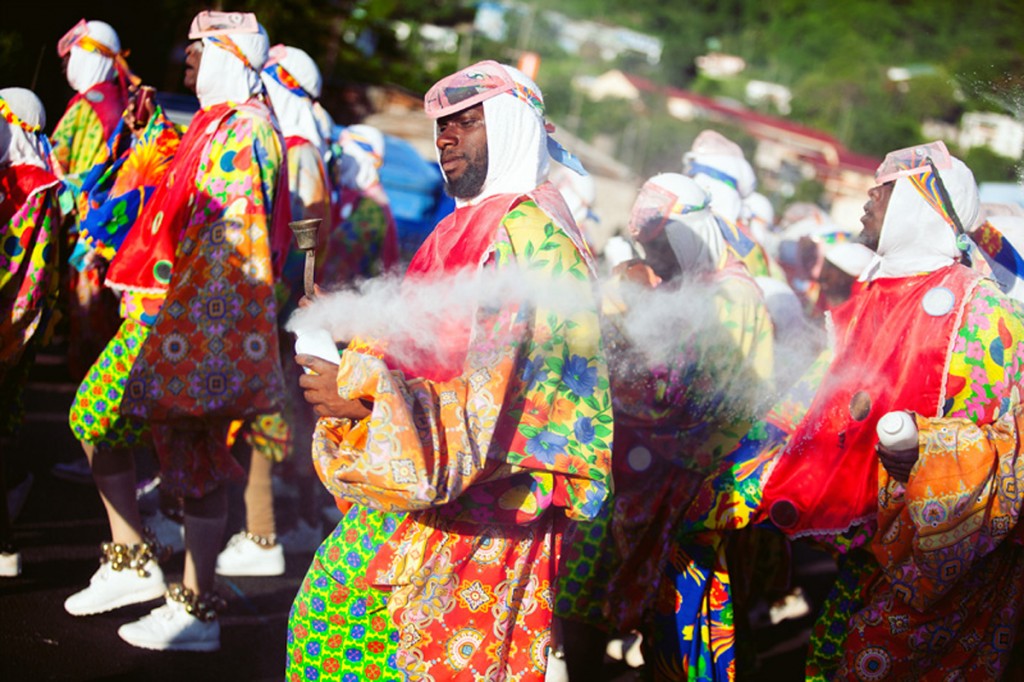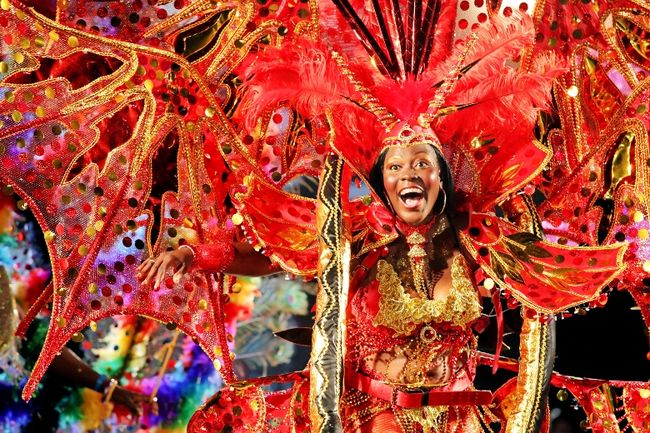|
Getting your Trinity Audio player ready...
|
Reading Time 2 mins
The tradition of carnival will always remain, but the big question is: Why do we still play mas, even though the festival has become corrupted with domestic politics, foreign influence, and some artistes always fighting among themselves for money and prestige during national competition events?
During the colonial era, carnival had a vibrant rural influence. Villagers came together and organised themselves; and play mas. The songs composed by the masqueraders were as political as they are today, but there were less repercussions from the authorities against the artistes, who sung those anti government songs.
Today our political leaders are local citizens and unfortunately, some of them become very thin-skinned and paranoid when they hear songs with lyrics that criticise their authority. However, yet still we play mas in the annual carnival because it is a tradition that has it’s roots within the people and, as long as the people hold on to the tradition, the show must go on.
It is not by accident that our carnival celebration is now held in the month of August. Those among us who do not know our history will say that our August carnival is only for economic reasons , due to the fact that Trinidad & Tobago has a bigger carnival on the Monday and Tuesday before Ash-Wednesday and we cannot compete with the Trinbagoians, based on numbers participation, so we shift carnival to August. This is not the real fact.
However, our senior Grenadians know that we always have two carnivals. My parents told me that Grenada always had two carnivals: the Pre-Lent Carnival and the August 1st, Emancipation Carnival that celebrates the freedom of our African ancestors from the slave plantation.
It is obvious that those of us who are interested in our history know fully well that the our colonial rulers during the post slavery period were not interested in the August Emancipation Day celebration. However, the influence of the Roman Catholic church and its Ash-Wednesday ritual sort of kept the pre-lent carnival influence, due to the fact that Roman Catholics are the largest religious group in our tri-island state.
Those followers of the Roman Catholic faith who played mas usually attended church service on Ash-Wednesday, with the belief that they will be purified if they remain obedient during the Lenten period after receiving ashes on their forehead from the priest. [part 2]


